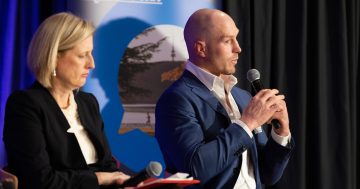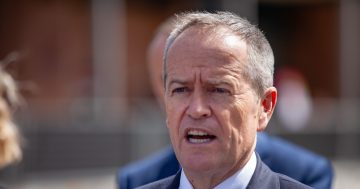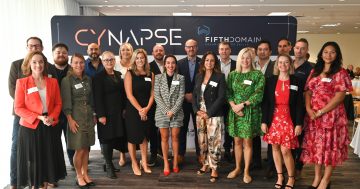
With so much riding on just one interview, perhaps it’s time we found a better way to find the right candidate. Image: File.
It’s no secret that the job market is tight right now for employers looking to hire. It feels like there’s no one applying for roles, and if you have a LinkedIn account, you’re probably being inundated with recruitment companies pitching new opportunities to you with increasing intensity.
I haven’t had to interview for a job in a while, but I am frequently on the other side of the table.
I feel like it wasn’t until I started hiring people that I realised that the dynamic I assumed was in place wasn’t necessarily the full picture. I always thought that as the job seeker, I was the vulnerable person in the interview room with the most to gain from the situation. I thought of my potential employers as impassive judges, with so many candidates to choose from, that they weren’t invested in me unless I could prove my potential value to them.
As a hiring manager now, however, I am so aware of the vulnerability of the organisation. Finding the right candidate for a role is nerve-wracking. When you interview a standout candidate, you’re desperate for them to accept the role, especially when there are so many roles and so few job seekers in comparison.
But the more I go through the hiring process, the more I wonder whether we’re doing it wrong. Interviews are such a specific scenario for both the job seeker and the employer. They create an artificial dynamic that doesn’t allow for genuine connection and frames the conversation into a sort of ‘test’ with right or wrong answers.
Jobseekers feel pressure to ‘perform’ and show that they have all the answers as though it’s a quiz show and they only get one chance to get it right. And too many hiring managers play into the same dynamic and judge the responses to their questions as an indication of the individual’s capacity when perhaps they just needed the question rephrased or more time to reflect and provide their response.
Sure, there are other components used in the hiring process, like the application itself and written tasks etc, depending on the role, but I genuinely wonder if a high-pressure process like an interview really gives people the chance to show the breadth of their character and potential.
The fact is, lots of people simply don’t perform in interviews, and plenty of people are great at interviews but are unable to actually perform in a role. Is there a better way to do this? Should the second interview be a standard practice to give people a chance to reflect on their first engagement and respond to another set of questions to gain a better understanding of their skills?
Plenty of times, I’ve hired people because I already know about their ability to perform, based on either working with them prior or via a recommendation from someone who has, even though their actual interview performance hasn’t been stellar. But how many excellent candidates have slipped through the cracks because I haven’t had that additional insight into them that their interview hasn’t provided me?
The way we think about employment and how work factors into our general wellbeing and lifestyles are changing. Perhaps the way we actually assess people for employment needs to change too.





















